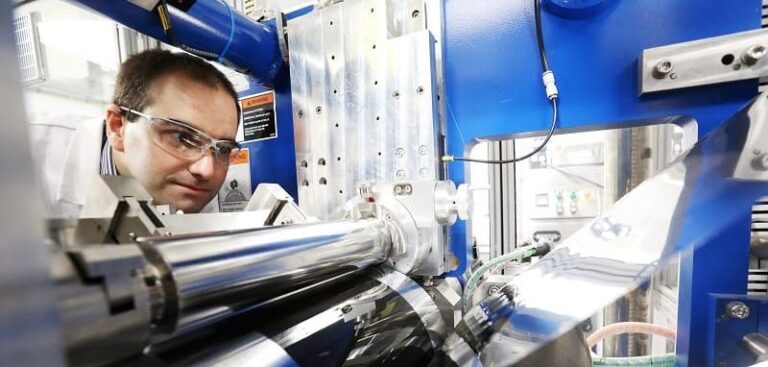Though lithium-ion batteries are the backbone of the EV industry, there are elements of their production process which are counter to environmental sustainability, with research ongoing into alternatives battery chemistries, including sodium-based solutions.
In a new paper titled Challenges of today for Na-based batteries of the future: from materials to cell metrics, a team of Na-ion technology scientists, led by WMG at the University of Warwick (UK), analyze the prospect of NIBs muscling in on the energy storage market.
The paper’s authors also include researchers from the Helmholtz Institute Ulm (Germany), College de France (France), Humboldt University Berlin (Germany), Institute for Energy Technology (Norway), Université de Picardie Jules Verne (France), University of Bordeaux (France) and CIC energiGUNE (Spain).
According to the study, published in the Journal of Power Sources, Na-based batteries offer a combination of attractive properties. They are low cost, use sustainable precursors and have secure raw material supplies. In addition, they are considered as a drop-in technology which could benefit from the already existing Li-ion battery manufacturing facilities.
As with Li-based systems, Na-based batteries come in different forms, such as Na-ion, Na-all-solid-state-batteries, NaO2 and Na/S. While the last ones are seen as disruptive future technologies, the paper’s authors posit that Na-ion technology represents an attractive technology almost ready to challenge the Li-ion batteries in specific applications.
Significantly, the authors indicate that with the ongoing development, the present best materials available for Na-ion cells should allow an energy density approaching that of the present generation of Li-ion commercial cells. Though it is currently thought that the most important application field for the sodium-ion battery prototypes is stationary energy storage systems, where cost and cycle life are important, there is also scope for their use in automotive applications.
“In this field sodium-ion batteries have the potential to dominate the future market, representing the most promising system to fill the gap between energy production and utilization by securing energy supply. However high-power applications in the electrified automotive field are a potential niche field application for NIBs,” said Dr Ivana Hasa, assistant professor at WMG.


